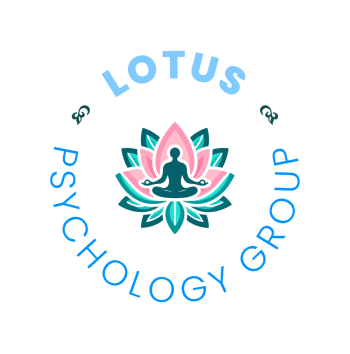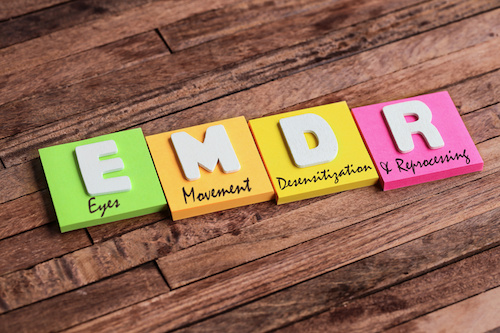June 27 th is PTSD Awareness Day. A time to acknowledge and advocate for people who are living with post-traumatic stress disorder. PTSD Awareness Day is a great opportunity to discuss ways of healing and moving toward recovery when you’re living with the effects of trauma. Eye movement desensitization and reprocessing (EMDR) is one of the most effective ways of working through trauma. In this blog, you can learn more about EMDR for PTSD and other emotional and cognitive health concerns.
What Is EMDR?
EMDR is a form of therapy that was specifically developed to combat the often debilitating effects of PTSD. It is a short-term treatment that typically helps to resolve concerns in just a few sessions. Other forms of trauma therapy can take months or even years to show the same level of improvement. In addition to processing the impact of traumatic experiences, EMDR helps to work through the adverse effects of a range of emotional, behavioral, and cognitive health concerns.
Who Could Benefit from EMDR?
While it was researched and created to support PTSD sufferers, EMDR is now applied to address a variety concerns, including:
Generalized trauma
Complex trauma
Anxiety
Depression
Substance use disorders
Eating disorders
How Does EMDR Help?
.EMDR was specifically designed to benefit people who feel trapped in or overwhelmed by traumatic memories. The process of EMDR therapy allows the individual to work through these memories and their impact in a safe environment, gradually removing the adverse effects of being exposed to these triggers in the real world.
What Happens During EMDR Sessions?
EMDR exposes individuals to difficult memories and emotions in a safe environment. The therapist guides them as they think through the experience and perform bilateral (from side to side) movements. This combination allows people to move from a place of elevated trauma response to a greater sense of calm and stability. The movement and memory processing combined change the ways these memories are stored, allowing for a greater sense of relief. In addition, EMDR sessions teach skills to self-soothe during a therapy visit as well as when the individual experiences triggers in the outside world. This ensures they experience alleviated trauma response in any situation. In order to ensure the efficacy of EMDR sessions, the therapist may also request the client use a journal to track any triggers and how they responded to them between sessions. This will guide ongoing EMDR sessions and give the therapist a better understanding of what self-soothing and relaxation techniques are working. This may include meditation, deep breathing, and mindfulness practices.
How Can I Schedule a Session?
If you’re interested in working with a therapist who has training in EMDR therapy, we hope you’ll reach out to the team at Lotus Psychology Group. Many of our therapists have extensive experience offering EMDR for people who are working through trauma. Whenever you’re ready to get started, call our team at (248) 957-8973, email info@ lotuspsychgroup.com, or fill out our contact form. We look forward to hearing from you soon.

